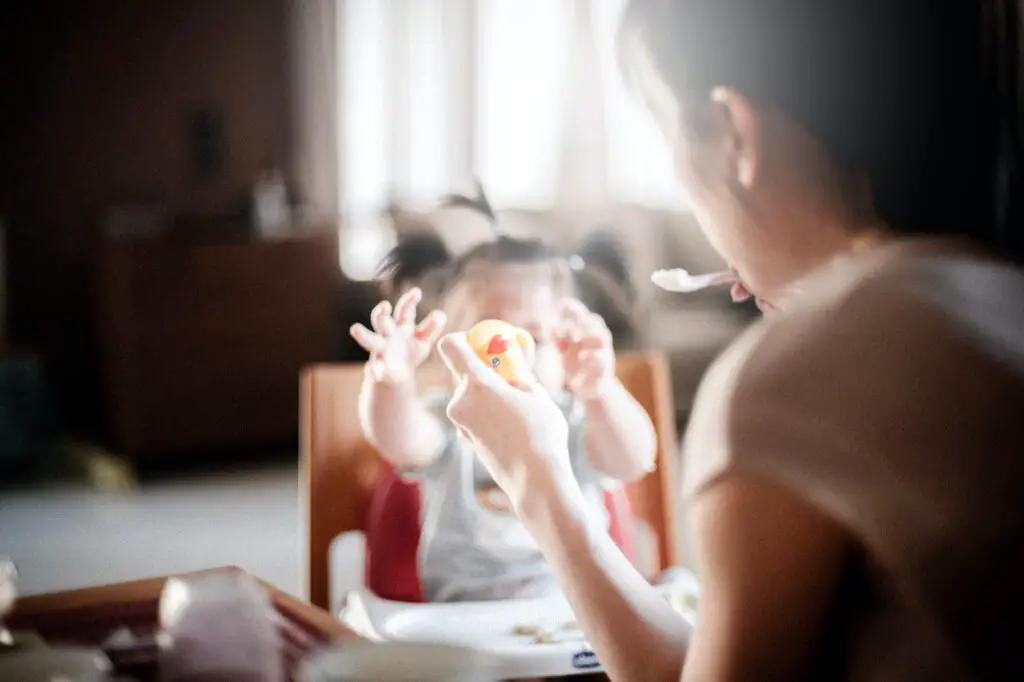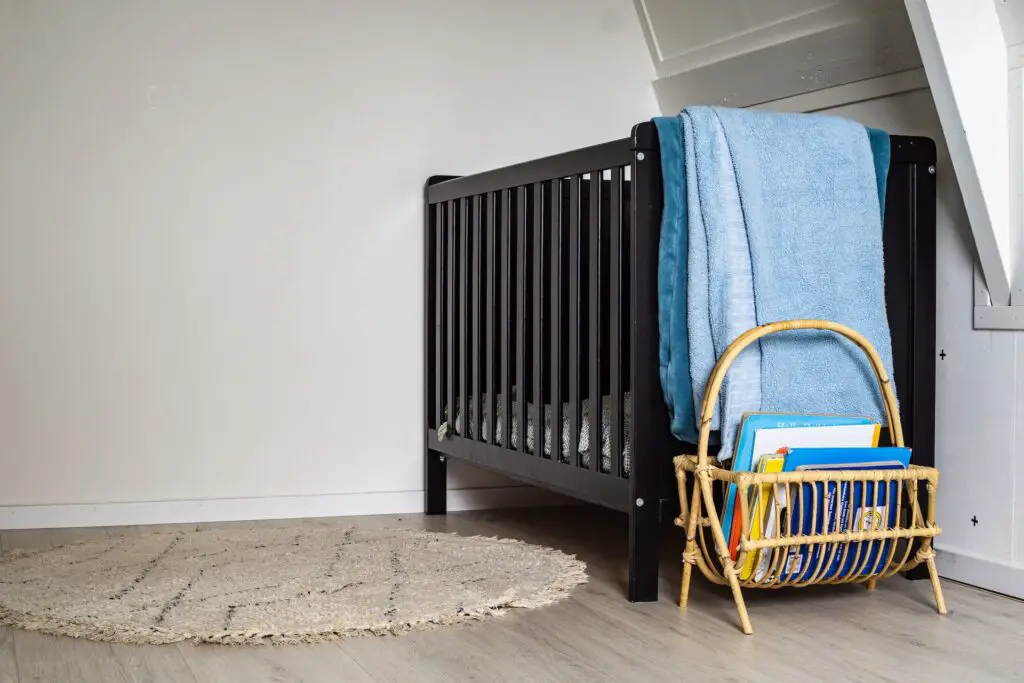
A daily care routines help is essential for the growth and development of a child. It provides structure and stability to their daily lives. Daily routines help children feel secure and comforted.
A well-established routine can also promote healthy habits. Encourage good sleep patterns. And aid in their overall physical and mental health.
As a parent or caregiver. Creating a routine that works for your child and family is important. And to be consistent in following it.
This guide will provide information on the important elements of a daily care routine for children, including hygiene, nutrition, physical activity, and sleep.
By implementing a daily care routine, you can give your child a strong foundation for a happy and healthy life.
Hygiene :
A well-established hygiene routine is a key aspect of a daily care routine for children’s health.
A. Daily Care Morning Routine
- Washing face and brushing teeth: To start the day on a clean and fresh note, children should be encouraged to wash their face and brush their teeth as soon as they get up. This will help them feel refreshed and ready to take on the day.
- Getting dressed: Encouraging children to get dressed on their own helps them build their independence and confidence.
B. Bedtime Routines Are Good For Children
- Brushing teeth: Brushing teeth before bed is an important part of maintaining good oral hygiene.
- Washing face: Washing their face before bed can help remove any dirt or oil that may have accumulated on their skin during the day.
- Putting on pajamas: Putting on pajamas can help children feel comfortable and ready for bed.
Nutrition :
A well-balanced diet is crucial for a child’s physical and mental well-being.
A. Breakfast
B. Snacks
- Importance of healthy snacks: Snacks are an important part of a child’s diet, providing the energy and nutrients they need to maintain their energy levels throughout the day.
- Ideas for nutritious snacks: Some nutritious snack options include fruits, vegetables, yogurt, nuts, and crackers.
C. Dinner
- Importance of a balanced meal: Dinner should be a balanced meal, including protein, carbohydrates, and vegetables.
- Ideas for family-friendly dinners: Some family-friendly dinner ideas include grilled chicken, pasta with vegetables, stir-fry, and tacos.
Create A Daily Schedule For Physical Activity
Physical activity is an also important part of a daily care routine for children.
A. Importance of exercise for children:
Exercise helps children build strong bodies, maintain a healthy weight, and develop strong muscles and bones.
B. Outdoor Play For Preschoolers
- Benefits of outdoor play: Outdoor play allows children to get fresh air and exercise, helps them develop gross motor skills, and provides opportunities for imaginative play.
- Ideas for outdoor activities: Outdoor activities include playing catch, going for a bike ride, playing hopscotch, and playing on the playground.
C. Indoor Activities For Toddlers
- Benefits of indoor activities: Indoor activities provide opportunities for children to exercise and play when it is too hot, too cold, or too rainy outside.
- Ideas for indoor activities: Some indoor activities include playing with balls, doing a puzzle, playing board games, and having a dance party.
Sleep
A good night’s sleep is an essential part of a daily care routine for children.
A. Importance of sleep for children:
Sleep is crucial for a child’s physical and mental well-being, helping them grow and develop, maintain a healthy weight, and manage stress
B. Bedtime Daily Routine
- Setting a consistent bedtime: Setting a consistent rest helps children develop good sleep patterns and feel more relaxed and calm. It is recommended that children go to bed simultaneously every night.
- Reading a bedtime story: Reading a bedtime story can be a calming and enjoyable way to end the day. It can help children feel relaxed and ready for sleep.
C. Sleep Environment Toddlers and Preschoolers
- Creating a dark, quiet, and cool sleep environment: Creating a sleep environment that is dark, quiet, and cool helps children feel more comfortable and fall asleep more easily.
- Choosing the right bed and bedding: Choosing a comfortable bed and bedding can also help children feel more relaxed and fall asleep more easily.

Conclusion:
In conclusion, a daily care routine is a crucial aspect of a child’s physical and mental development.
A routine that includes good hygiene, nutritious meals, physical activity, a relaxing bedtime routine, and a comfortable sleep environment can help children feel secure, healthy, and energized.
It’s important to find a routine that works best for your child and family and be open to making changes and adjustments as needed.
By taking the time to establish a daily care routine, you are helping to lay the foundation for a happy, healthy, and successful life.
Frequently Asked Questions(FAQ)
How do you write a daily routine for kids?
To write a daily routine for kids, create a simple schedule that includes activities like waking up, meals, school or learning time, playtime, chores (if applicable), and bedtime. Be sure to consider the child’s age and individual needs when designing the routine.
What is an example of a child’s routine?
An example of a child’s routine might include:
- Wake up and get dressed
- Eat breakfast
- School or learning time
- Lunch
- Playtime or outdoor activities
- Snack
- Homework or educational activities
- Dinner
- Bath or shower
- Storytime or quiet reading
- Bedtime
This routine can be adjusted based on the child’s age, school schedule, and family preferences.
What is a good daily routine?
A good daily routine is one that balances essential activities like work or school, exercise, healthy meals, relaxation, and sufficient sleep. It should be tailored to individual needs and priorities to promote physical and mental well-being.
Why is routine important for a child?
Routine is important for a child because it provides structure and predictability, which can help them feel secure and develop a sense of responsibility. It also promotes good habits, and time management skills, and can contribute to better physical and emotional well-being.
How do I make a simple daily routine?
To make a simple daily routine:
-
Identify your priorities: Determine the essential activities you need to accomplish daily, such as work, school, exercise, meals, and relaxation.
-
Set a schedule: Allocate specific time blocks for each activity, ensuring there’s a balance between work, leisure, and self-care.
-
Be realistic: Ensure your routine is achievable and flexible enough to adapt to unexpected changes.
-
Stick to it: Consistency is key to establishing a routine. Try to follow your schedule consistently to create a habit.
-
Adjust as needed: Periodically review and adjust your routine to fit your changing needs and priorities.
